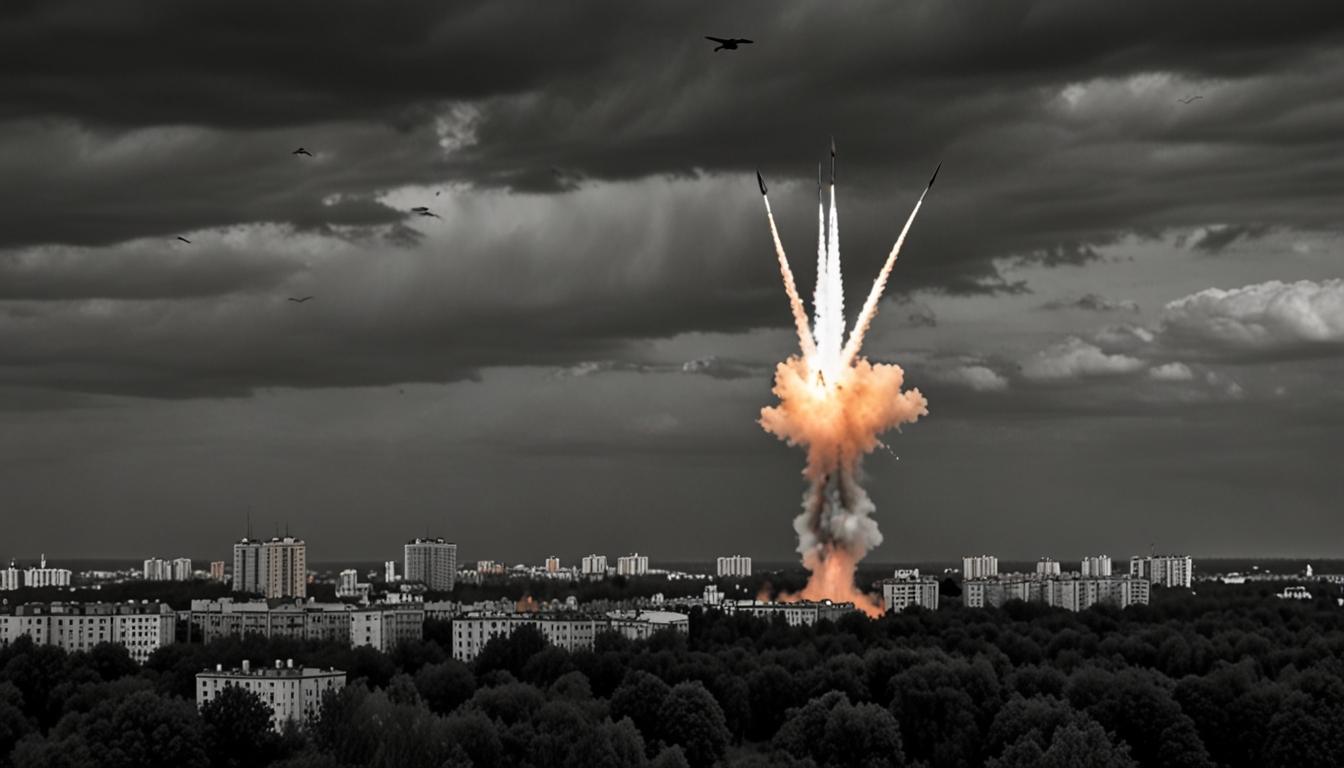On June 12, 2024, Russian forces carried out a nighttime attack on Ukraine, resulting in the interception of most air targets by Ukrainian air defence. Despite the successful defence, civilians were injured, prompting President Zelensky to appeal for additional air defence support from Western allies. International meetings to aid Ukraine and discuss the ongoing conflict are scheduled, highlighting the ongoing complexities of the Russia-Ukraine war.
On June 12, 2024, Russian forces launched a nighttime attack with missiles and drones targeting Kyiv and five other regions of Ukraine. Ukrainian air defense intercepted 29 out of 30 air targets, including cruise missiles, a Kinzhal ballistic missile, and Shahed drones. Despite the successful defense, several civilians were injured.
The attacks occurred just before several key diplomatic events aimed at addressing the ongoing war, now entering its third year. President Volodymyr Zelensky praised the air force’s efforts and urged Western allies for more air defense support. In response, the United States agreed to send another Patriot missile system.
Upcoming international meetings will focus on aiding Ukraine and discussing how to leverage frozen Russian assets for Ukrainian reconstruction. The G7 summit in Italy will address financial aid, while U.S. Defense Secretary Lloyd Austin will host a meeting in Brussels about Ukraine’s security needs. A separate peace summit in Switzerland will gather representatives from numerous countries, excluding Russia.
Fighting remains intense along a 1,000-kilometer front line, particularly in the Donetsk and Kharkiv regions. Russian forces continue their push despite facing significant resistance and heavy losses. Meanwhile, speculation suggests Russian President Vladimir Putin may seek further support from North Korea.
Overall, the situation underscores the international community’s ongoing efforts to address the complexities of the Russia-Ukraine war.



